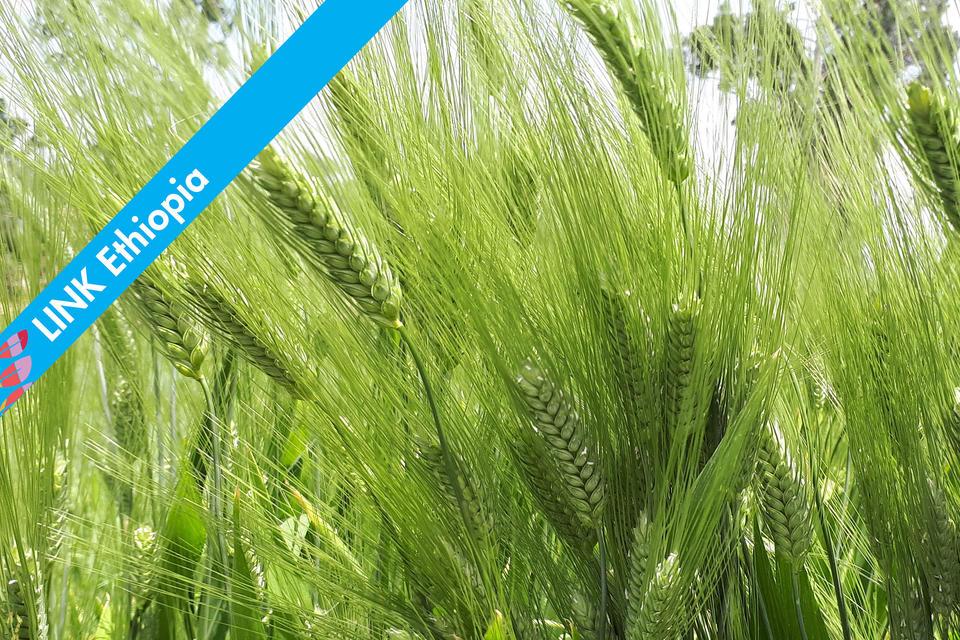Linking farmers and markets in Ethiopia: the durum wheat value chain
How would market systems be improved by shortening a value chain that involves many operators in an East African country? In search of inclusion and productivity improvement, our team, funded by the German Agency for International Cooperation (GIZ), conducted a study on one of the most important food crops in Ethiopia. This is the case of wheat, with Ethiopia
Linking farmers and markets in Ethiopia: the durum wheat value chain

How would market systems be improved by shortening a value chain that involves many operators in an East African country? In search of inclusion and productivity improvement, our team, funded by the German Agency for International Cooperation (GIZ), conducted a study on one of the most important food crops in Ethiopia. This is the case of wheat, with Ethiopia being one of the largest producers in the world in terms of total cultivated area and total production. Wheat and wheat products represent 14% of the total calorie intake in the country which makes wheat the second most important food behind maize (19%) and ahead of teff (10%), and sorghum (11%).
However, despite being grown in Ethiopia for many decades, wheat value chain is not well developed in the country. One of the critical weaknesses of the value chain is the lack of effective and efficient linkages between producers and other value chain actors to promote inclusivity and good business from production to final consumption.
One of the wheat varieties produced in Ethiopia is durum wheat, primarily used for pasta production. Currently, there has been increased investment and consumption in the pasta industry in Ethiopia due to the new consumers, who are looking for fast and tasty foods, while still cheap and nutritious. Previously, pasta producers depended on massive imports of durum wheat, which was not a sustainable long-term business strategy due to high and volatile costs. Later on, the possibility of obtaining raw material directly from local producers was explored in order to reduce production costs and increase competitiveness against foreign imports. Nevertheless, local production of durum wheat has been insufficient despite the growing demand.

